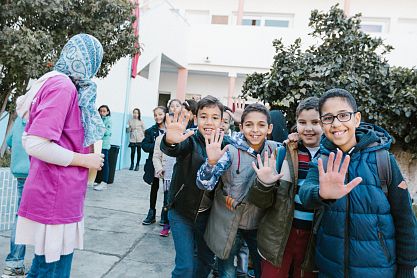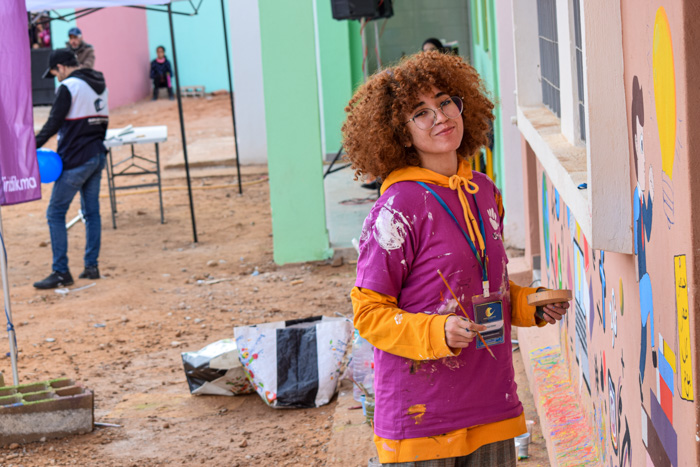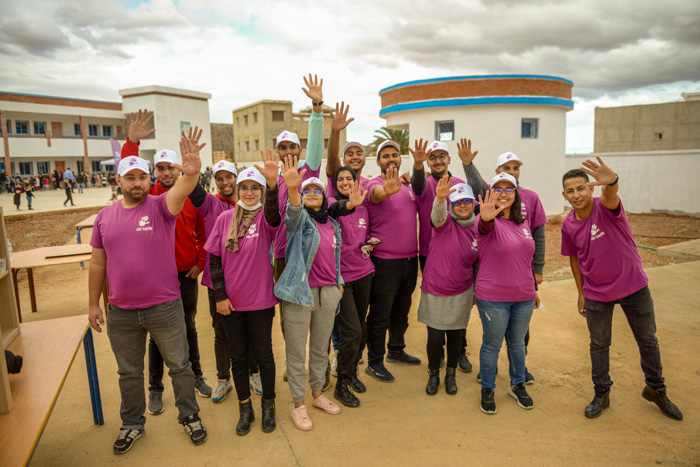
Many parents involved in volunteering have to juggle not only their professional and family responsibilities but also their other life as a volunteer. This can be challenging, especially from the point of view of their children, who may feel marginalized or even abandoned by their often busy or absent parents. This is why it is important to get involved as a family and establish a family culture of volunteering.
The Benefits of Family Volunteering
Family volunteering is a flexible activity that allows you to combine your professional, personal and family lives, while maintaining control over the frequency, duration and type of activities you do. All family members can get involved, working together to choose which issues are important to them: collecting garbage, sorting clothes, distributing food, handing out flyers... There is no shortage of missions for volunteers, regardless of their age or individual skills!
Working with an association that can accommodate minors helps to close the generational gap and brings family members together. The grandchildren are empowered by the chance to work alongside their elders and grandparents, who in turn pass on their knowledge and values.
The whole family is involved in creating a common experience, consolidating the bonds that unite its members.
Passing on Values to the Younger Generation
Family volunteering is undoubtedly one of the most effective ways to transmit family values. The children get a chance to practice these values, rather than being subjected to them through long abstract lectures. Even if we tell our children hundreds of times that it is important not to waste food, this will have little impact on their behavior. But if they have participated in the collection, sorting and distribution of produce and have met with people in need, they will reach a whole new level of awareness and be sensitized to the major societal issues of their time.
Children who have grown up in an environment open to volunteerism develop many desirable qualities, such as altruism, self-sacrifice and generosity. They are capable of expressing empathy in modern society, which is too often marked by competitiveness and individualism.
Best of all, parents will have the opportunity to meet other families who share the same love of volunteering, and they are no longer forced to choose between the well-being of their children and being engaged citizens!



